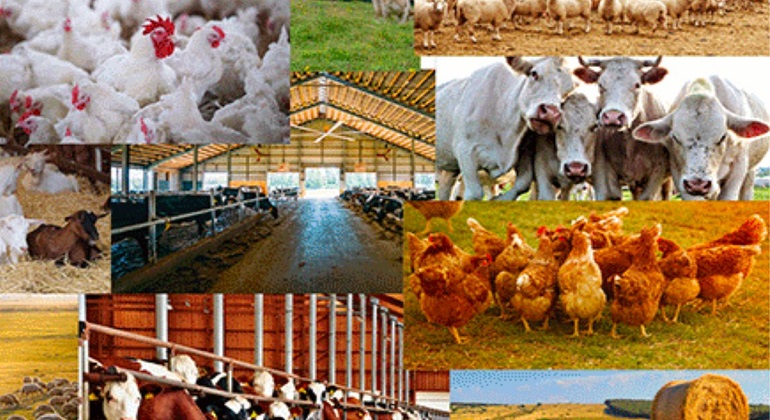The Federal Government has revealed that it owes ₦498.7 million in compensation to 307 verified poultry farmers

The Federal Government has revealed that it owes ₦498.7 million in compensation to 307 verified poultry farmers affected by avian influenza outbreaks between 2021 and 2023, raising fresh concerns over long-standing unpaid claims in the livestock sector.
Permanent Secretary of the Federal Ministry of Livestock Development, Dr. Chinyere Akujobi, represented by Dr. Adeniyi Adedoyin, disclosed this on Thursday at a public hearing on six livestock-related bills organised by the House Committee on Livestock Development at the National Assembly, Abuja.
Adedoyin explained that although ₦3.16 billion had previously been paid to 1,055 farmers affected by earlier outbreaks, the latest batch remains unsettled due to funding constraints.
He added that a recent outbreak in Wukari, Taraba State, led to the depopulation of 2,050 birds, with compensation for affected farmers now under review.
The ministry official also highlighted historical compensation trends, noting that payments have been made consistently since 2006, with ₦630.9 million, ₦674.2 million, ₦1.81 billion, and ₦47 million disbursed across several phases up to 2019.
He attributed the recent delay to inadequate financing and the absence of an Animal Diseases Contingency or Emergency Fund (ADEF).
“There has been no dedicated emergency fund since 2021, and most farmers have no insurance cover, as required by law,” Adedoyin said.
According to him, a revised compensation framework approved by the Federal Executive Council (FEC) in 2022 now mandates that the Federal Government covers 50 percent of costs, states 25 percent, and farmers 25 percent.
Only smallholder farmers with 3,000 birds or fewer qualify for direct government support, while commercial farmers are expected to maintain insurance coverage.
The disclosures came as the House of Representatives intensified efforts to reposition the livestock industry through six proposed bills aimed at establishing new livestock colleges and research institutes to boost animal production, research, and capacity building.
Chairman of the House Committee on Livestock Development, Rep. Wale Raji (APC Lagos), said the legislative drive aligns with the National Livestock Transformation Plan and is part of broader reforms to strengthen livestock development nationwide.
“This public hearing provides a platform for stakeholders to make inputs that will promote livestock development, enhance productivity, and create jobs,” Rep. Raji said. “We are also investigating the non-payment of compensation to farmers affected by the bird flu outbreak to ensure fairness and accountability.”
He assured that the Committee would ensure the process yields actionable outcomes to improve livestock research, education, and policy implementation.
On one of the bills, sponsor Rep. Bello Ka’oje said the proposed Federal College of Animal Husbandry, Ka’oje, would serve as a specialised institution for innovation, research, and training in animal production.
“This bill seeks to enhance livestock development through improved breeding, training, and innovation,” Rep. Ka’oje stated. “It will boost productivity, create jobs, and improve national food security.”
He described the selection as strategic, given the region’s prominence in livestock farming. Citing 2022 global rankings, he noted that Nigeria still places 94th in milk production and 33rd in meat production despite its vast potential, stressing that improved livestock development remains key to economic diversification and rural prosperity.

